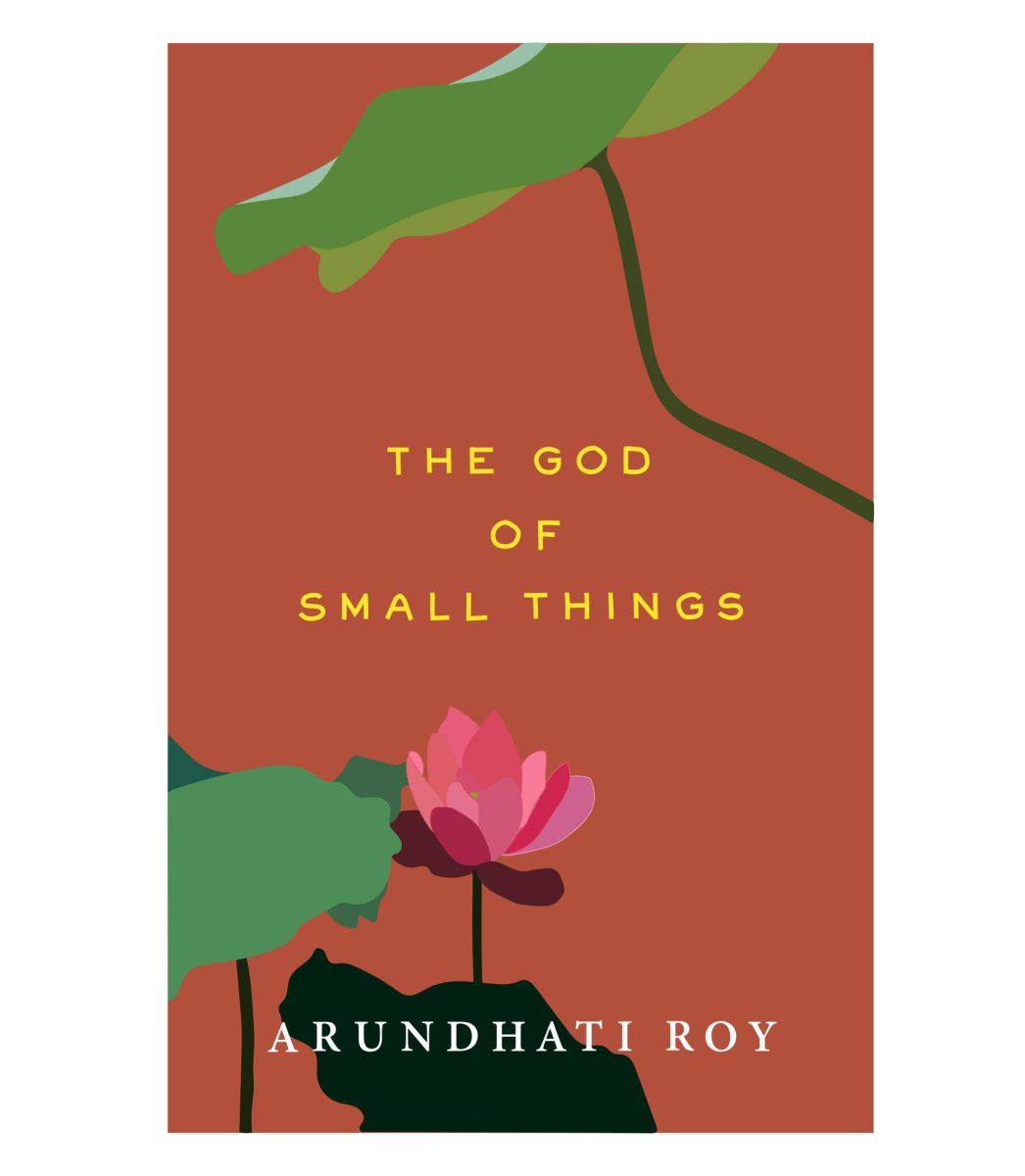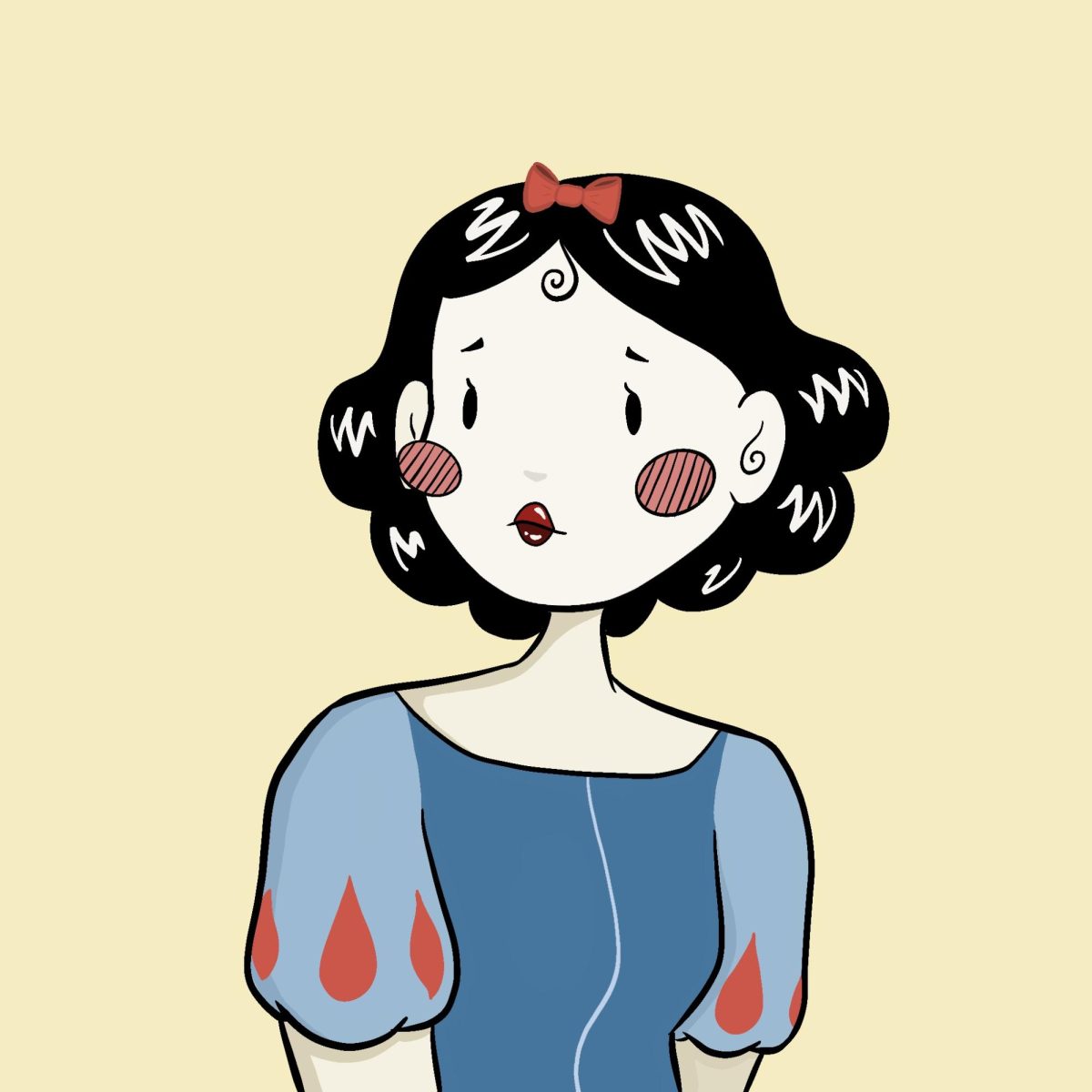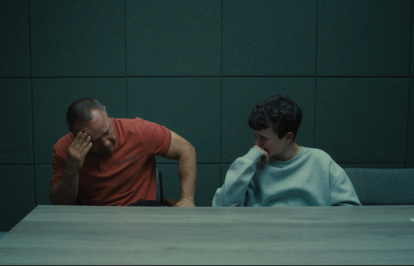The God of Small Things, Arundhati Roy’s debut novel, is set in Ayemenem, in the Indian state of Kerala. It tells the story of Rahel and Estha, fraternal twins, and how their lives are changed and marred after a past event resurfaces. I was utterly overwhelmed by this book and its beautiful, poetic writing. Every sentence demanded I use all of my senses—I could visualize Estha’s room, smell the river, sample the sweetness of the fruits, feel the warmth of their mother’s eyes, and sense the coldness of her hand against their skin. In the beginning, you’ll be left with many questions, but Roy helps you answer them one at a time. The novel transitions between past and present, mainly concentrating on the past of not only the twins, but of their divorced mother, Ammu, their Oxford-graduate uncle, Chacko, their grandmother, Mammachi, and their cunning grand-aunt Baby Kochamma.
While the story primarily focuses on Rahel and Estha, their mother, Ammu, holds equal if not more importance in its progression. She is willful and rebellious and leaves home at eighteen to marry Babu, a man she’s only known for five days. Ammu’s attempt to escape the confines of her life back home backfires when she discovers Babu is a violent alcoholic. Ammu returns to Ayemenem and becomes the town eccentric. Her frustrations severely damage the twins, especially Rahel, who constantly worries she doesn’t have her mother’s unconditional love. The story focuses heavily on caste differences, which are still prevalent in India. Ammu, a “Touchable,” has a forbidden love (and sexual) affair with Velutha, an “Untouchable.” She is the only woman in her family who acts out of love, and who gets to experience true love.
It was painful to read that the adults who love their children, teach them, scold them or slap them, sometimes fail to protect them. For instance, how Ammu failed to protect Estha when he was molested or how Chacko failed to save his daughter, Sophia Mol.
I loved the relationship between the twins—intimate and raw. At the beginning of the novel, they think of “themselves together as Me, and separately, individually, as We or Us.” This “Me” and “Us” changes later into “They” after they drift apart, and it slowly turns to “He and She” and finally “We and Us” following their reunion.
The first encounter I had with this book left me unimpressed. I went to great lengths to avoid returning it to my friend’s mother for a whole year, knowing it was her favorite read, just to spare myself from having to admit my indifference towards it. The book struck me as undeniably beautiful but perplexingly intricate. I enjoyed the process of reading it and the thoughts that followed but the final chapters left me appalled. Those chapters had deeply disturbed me and the last pages were so gut-wrenchingly painful to read that I had to calm my anxious heart. However, I recently reread it after reading Roy’s The Ministry of Utmost Happiness and I found myself appreciating it far more than my initial encounter. I believe everyone should read this book at least once in their lifetime. The God of Small Things is a brief love story and enduring tragedy, one which could have been a tale of lasting love and fleeting tragedy if only society wasn’t so harsh if only family had not betrayed one another, and if only history wasn’t so heavy. Prepare to be profoundly moved by this book. It will shatter even the most resilient heart.















